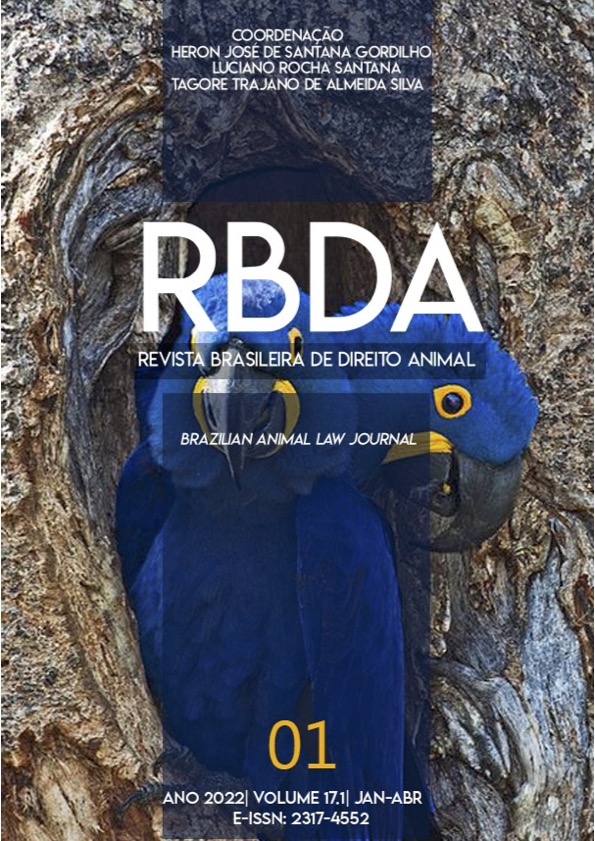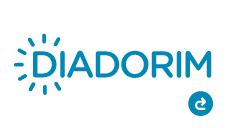Expressionism and animalit: legal rights rec onsiderer in biopolitical perspective
DOI:
https://doi.org/10.9771/rbda.v17i0.42060Keywords:
Expressionism, Legal Subjects, Animality, PersonalityAbstract
he objective of this research is to develop a theoretical perspective about legal rights that is sensible to the legal status of animals, take into consideration how the animal assumes different shapes and forms before the law. The article resorts the concept of expression, itself established by Edward Mussawir, in order to highlight the creative and technological dimension of legal categories. In what ways the expressive character of legal categories allows to ponder the legal rights of nonhuman agents? Considering the expressive dimension of legal categories, this article defends that it is possibility to think those species of rights since it the diverse legal characterizations of forms of life would not be necessarily attached to a specific essence established outside the dynamics of legal practice. In this way, this research intends to dissociate the legal rights from its recurrent anthropocentrism so these rights could be also associated with the different ways that animality is approached within the realm of legal practice.
Downloads
Downloads
Published
How to Cite
Issue
Section
License
Copyright (c) 2022 Brazilian Animal Law Journal

This work is licensed under a Creative Commons Attribution-NonCommercial 4.0 International License.
1. Autores mantém os direitos autorais e concedem à revista o direito de primeira publicação, com o trabalho simultaneamente licenciado sob a Licença Creative Commons Atribuição 4.0 Internacional que permite o compartilhamentodo trabalho com reconhecimento da autoria e publicação inicial nesta revista.
2. Autores têm autorização para assumir contratos adicionais separadamente, para distribuição não-exclusiva da versão do trabalho publicada nesta revista (ex.: publicar em repositório institucional ou como capítulo de livro), com reconhecimento de autoria e publicação inicial nesta revista.
3. Autores têm permissão e são estimulados a publicar e distribuir seu trabalho online (ex.: em repositórios institucionais ou na sua página pessoal) a qualquer ponto antes ou durante o processo editorial, já que isso pode gerar alterações produtivas, bem como aumentar o impacto e a citação do trabalho publicado.












